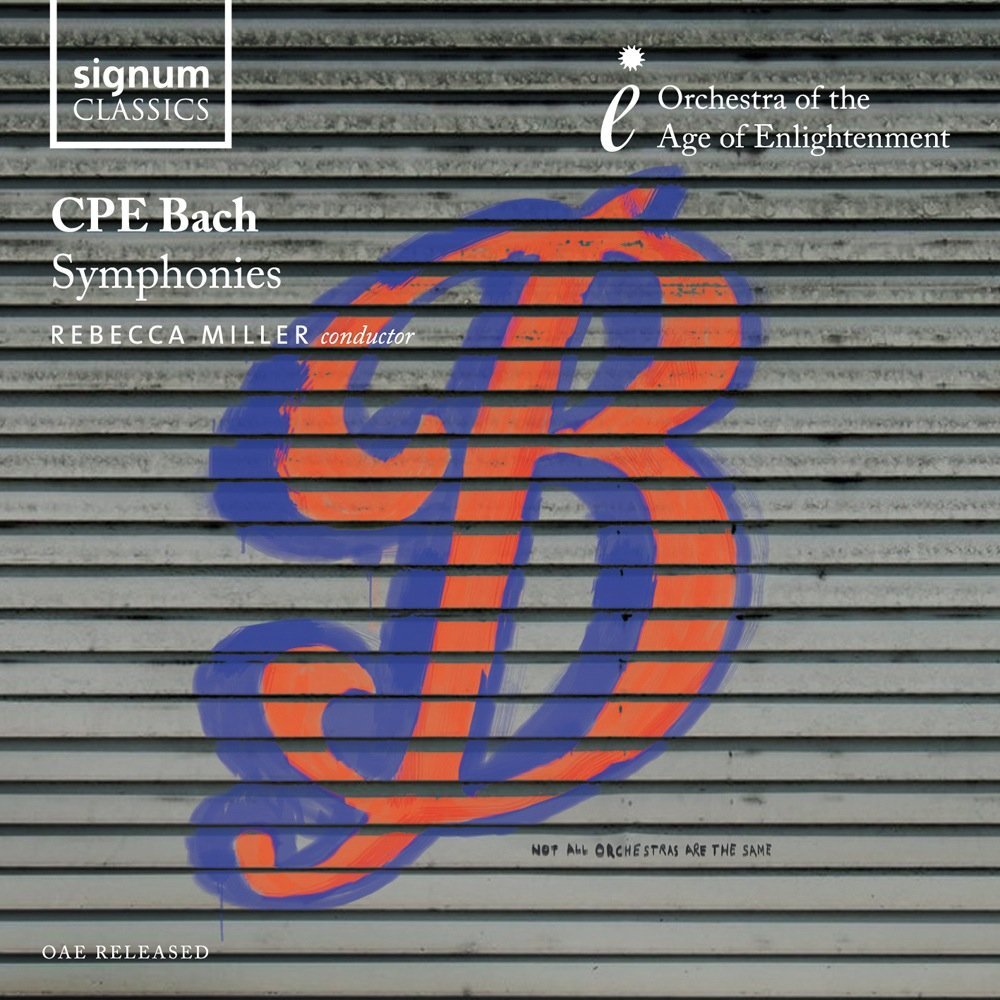
Think of musical perfection and you think of JS Bach. Every note perfectly placed, every harmonic sequence pleasing in its logic, every extended structure immaculately organised. Crucially, Bach's music never sounds boring or dutiful. You wonder what facial expressions he'd have pulled when listening to these five symphonies composed by his second son Carl Philipp Emmanuel, whose career blossomed during a 28-year spell under the employ of Frederick the Great in Berlin. They're all three-movement works, mostly around ten minutes in duration. You expect early Classical music to be impeccably behaved. Not here. These symphonies are explosive. There are moments where you can't quite believe what you're hearing. The beginning of the Symphony in Eb WQ. 179 is a case in point; the musical equivalent of an excitable Jack Russell terrier bursting into your living room and knocking over the furniture. It's an entire Beethoven Allegro compressed into just a few minutes.
Sample the stabbing violin notes which kick off the D major Symphony WQ. 183. The metric uncertainty suggests the start of Nielsen 3, and when things really kick off it's hard not to giggle at some unfeasibly frenetic flute parts, superbly performed here. The Symphony in B minor is a contrast; the haughtier, strutting opening superficially better behaved, though CPE's gloves come off in a propulsive, fiery finale. There's not a boring minute. Laugh, wince and swoon. Remarkably, this is a live recording; all five symphonies taped in a single evening at the QEH in early 2014. The OAE under Rebecca Miller play with an accuracy and passion that's infectious: this is among the most exciting, adrenalin-filled period instrument recordings you'll hear.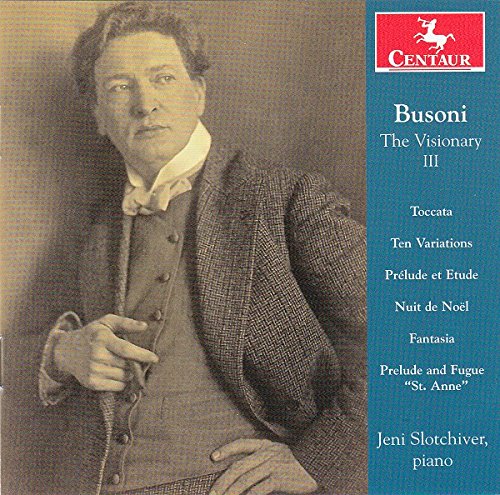
Ferrucio Busoni thought of himself primarily as a composer, though he achieved greater fame as a virtuoso pianist. He's a fascinating, shadowy figure, acquainted with just about every notable early 20th-century musician. As a teacher, Busoni's pupils included Weill, Varése and Grainger. Wait around for long enough and you might be lucky enough to hear a performance of his big-boned Piano Concerto, though his name crops up more regularly as an arranger and transcriber of other composers' music, most notably Bach (leading to some concert promoters thinking he was actually called Bach-Busoni). This third volume of Jeni Slotchiver's ongoing exploration of the solo piano music concludes with a recasting of a vast Bach prelude and fugue originally composed for organ. Slotchiver absolutely nails the work's grandeur and epic sweep, and the final, bass-heavy minutes have to be heard to be believed.
Still more intriguing is the Fantasia nach Johann Sebastian Bach, composed in 1909 in response to the death of Busoni's father. Themes from chorales and keyboard suites are quoted, developed and sent spinning off in unexpected directions. It hangs together beautifully, and there's a sublime, quiet close. As with the organ prelude, Slotchiver makes a powerful case for this demanding music, and she's as persuasive in Busoni's Ten Variations on a Prelude of Chopin. Here, the older composer's Op 28 C minor prelude acts as a springboard for a more capricious sequence of explorations. A technically daunting Toccata from 1920 encapsulates Busoni's elusive style, the two edgy, brittle contrapuntal movements framing a dark, ruminative slow section. The late Prélude et Etude (en Arpèges) has an incendiary, apocalyptic close. As light relief, Slotchiver gives us the short, extrovert Nuit de Noël, the cry of Noël meant as a simple exclamation of joy. An intriguing, compelling recital which has made me want to hear the earlier discs in the series. Slotchiver's playing never disappoints, and her detailed, lucid sleeve notes are a pleasure to read. Vivaldi: The Four Seasons Richard Tognetti (violin), Australian Chamber Orchestra (BIS)
Vivaldi: The Four Seasons Richard Tognetti (violin), Australian Chamber Orchestra (BIS)
Put on a warm coat before listening to Richard Tognetti's performance of Vivaldi's Winter. In places it's terrifying. The hushed, taut intro is decidedly uncomfortable, the strings of the Australian Chamber Orchestra producing metallic scrapes and squeaks. Tognetti's vivid opening flourish is like being showered with hailstones, followed by a tutti explosion which will terrify the unwary. The third movement's frantic coda suggests a slamming door. Use this concerto as call centre holding music, and clients will hang up their receivers in fright. BIS handily print translations of the anonymous sonnets which Vivaldi published along with the music, and reading them while listening reinforces how well texts and music are matched.
Tognetti's energy is electrifying, and this recording of The Four Seasons is among the boldest, most pictorial around. What can sound hackneyed emerges fresh and newly minted. Summer's opening is appropriately sultry and languid, and the storm which closes the concerto is another shocker, the ASO strings' articulation defying belief. Everything hits home. The unsettling, hushed slow movement of Autumn is particularly good: the brilliant Neal Peres Da Costa's chilly harpsichord solo floating over a sequence of uneasy string chords. Bonus items include a pair of melting slow movements from two other Vivaldi violin works, and two concertos taken from L'estro armonico. Plus a rousing three-movement Sinfonia from Vivaldi's opera La verità in cimento. All gloriously entertaining, and BIS's sound has satisfying presence and impact.



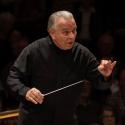
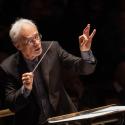



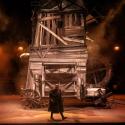
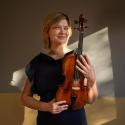


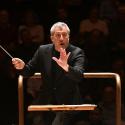
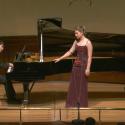
Add comment